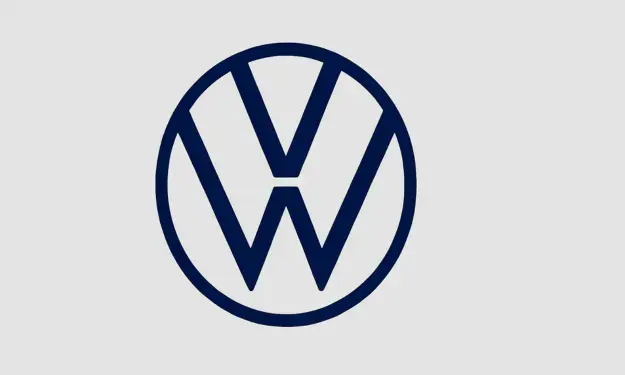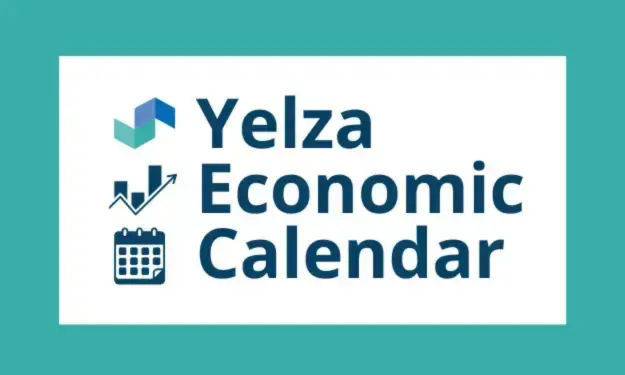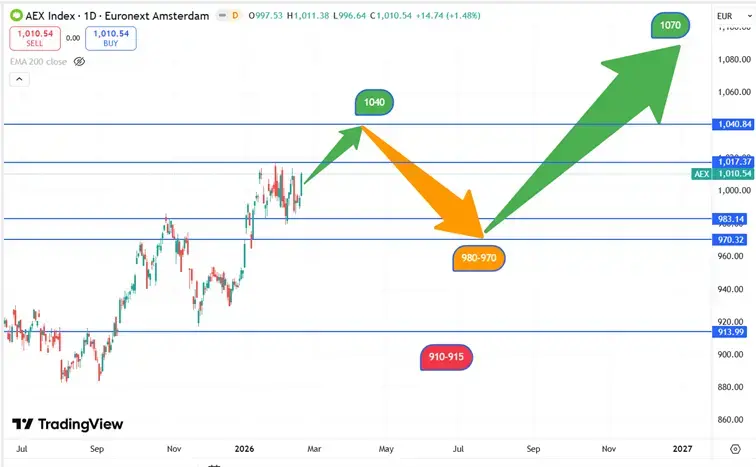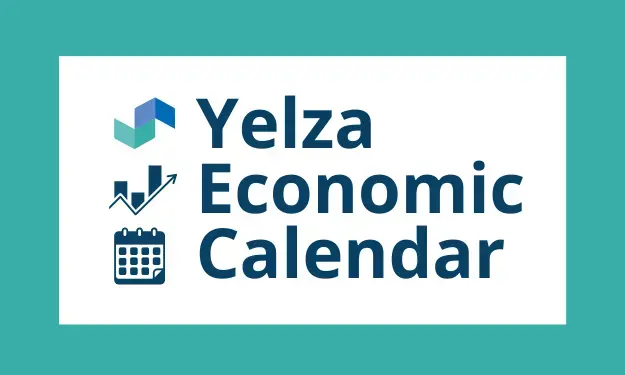Volkswagen's influence on the DAX 40
With a market capitalization representing about 1.09% (measured in June 2025) of the total DAX index, Volkswagen AG is a somewhat modest player within the DAX-40. Movements in the Volkswagen share price have a modest impact on the index's returns, and it also reacts sensitively to emissions regulations and commodity price fluctuations, which have a direct impact on industry margins. View the composition of the DAX 40 and the weighting of all companies in the DAX 40 here.
Investment analysis & outlook
Volkswagen AG shares showed a modest price increase of +2.24% over the past 12 months. This left it well behind the broader DAX index, which performed more strongly over the same period. This was mainly due to headwinds from high costs, stricter regulations and pressure from international competitors. In the first half of 2025, Volkswagen also faced trade restrictions and higher provisions, putting pressure on its operating margin and lowering its full-year profit forecast.
Still, there are positive signs as well. The company reported sales growth of more than 4% in the second quarter of 2025 compared to the previous quarter, and its share price managed to briefly recover by more than 8% in August. Investors see this as a sign that Volkswagen remains resilient despite difficult market conditions. In addition, the broad brand portfolio from volume models to luxury brands, combined with the billions invested in electric mobility, software and battery technology, provides a solid foundation for future growth.
For the longer term, the transition to electric vehicles and digital services continues to determine the stock's valuation. If Volkswagen succeeds in reducing costs, maintaining market share in the EV segment and further reducing reliance on traditional internal combustion engines, the stock may again become more attractive to investors aiming for structural growth within the auto industry.

News & updates
Volkswagen AG experienced a challenging start to 2025 due to higher costs, stricter regulations and trade restrictions that put pressure on profitability. In response, the company announced a comprehensive cost-cutting program aimed at more efficient production and better utilization of plants in Germany. At the same time, Volkswagen is investing heavily in the transition to electric mobility and battery technology, seeking to strengthen its position in the future automotive sector.
Despite the difficult conditions, investors showed renewed confidence in the summer of 2025. Volkswagen's share price rebounded temporarily after reports that international trade barriers might be reduced. This combination of cost control and focus on innovation indicates that Volkswagen is sticking to its strategy to emerge stronger from the transition in the long term.
Disclaimer: Investing involves risk. Our analysts are not financial advisors. Always consult an advisor when making financial decisions. The information and tips provided on this website are based on our analysts' own insights and experiences. They are therefore for educational purposes only.

.svg)

.webp)

.webp)
.webp)




